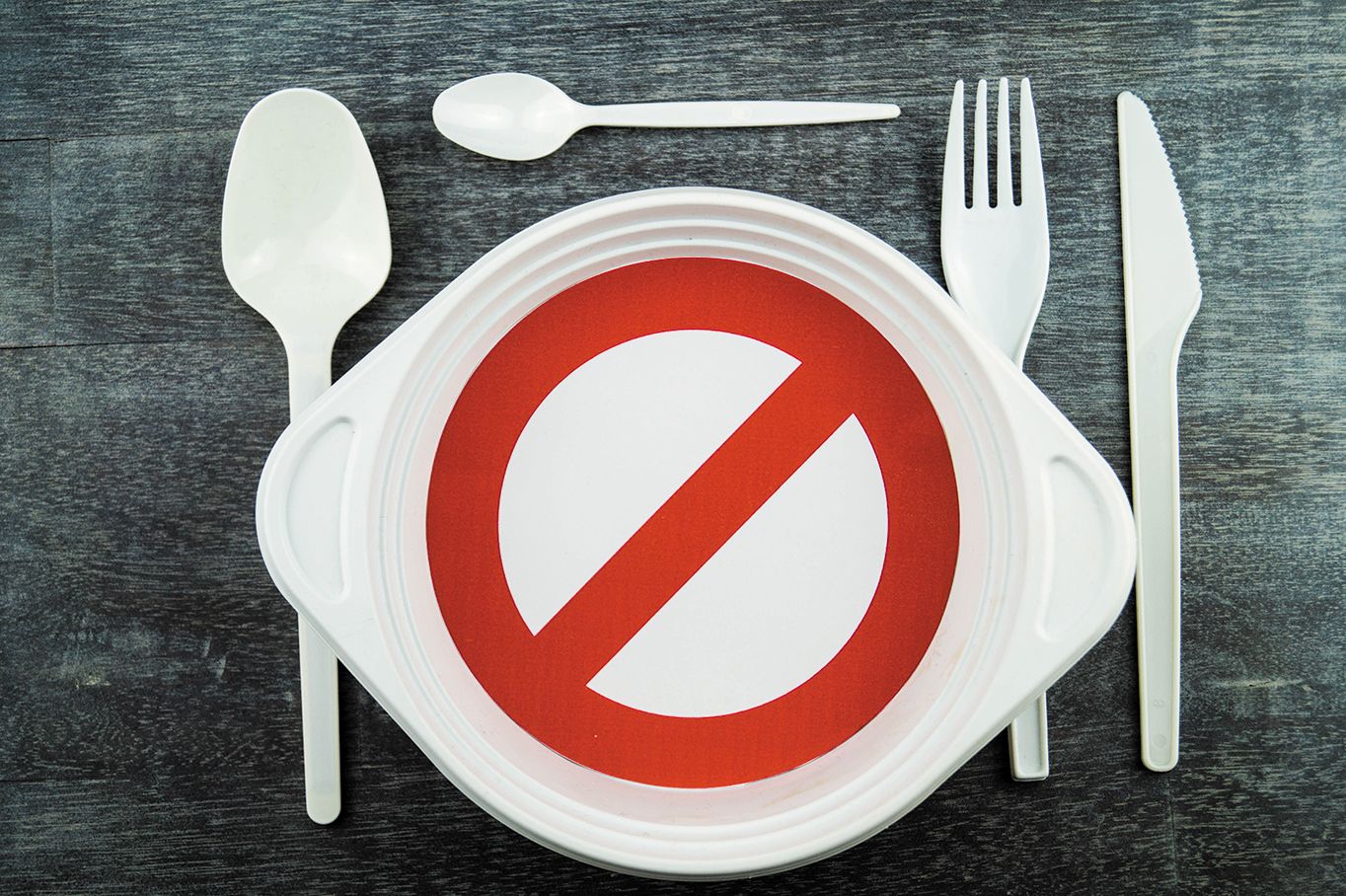According to the National Eating Disorder Association, it is estimated that 28.8 million Americans will experience an eating disorder in their life. In a society in which diet culture is celebrated, the thin ideal is idolized, and 40% of Americans report experiencing weight stigma and discrimination, eating disorders have become commonplace for people of all ages, racial backgrounds, genders, sexual orientations, body shapes, and socioeconomic statuses. With harmful images, statements, and belief systems inundating what seems to be every area of our lives, it can feel as though there is no way to avoid — or no way out of — a disordered relationship with food and our bodies.
National Eating Disorder Awareness Week (February 27 – March 5) seeks to provide advocacy, education, support, and awareness to what has become the group of disorders that accounts for the second highest mortality rate of all mental health disorders, with one person dying every hour as a direct result of their illness. We cannot change what we are not aware of; when we do become aware, we create the opportunity to choose a different path for how we treat ourselves and those around us. We can choose to say something supportive instead of condemning, listen and validate the lived experiences of those around us, and seek help and support for something we had been led to believe we were alone in.
- In a study of 14- and 15-year-olds, dieting and ‘clean eating’ was the highest predictor in their development of an eating disorder.
- Anorexia Nervosa is the 3rd most common chronic disease for individuals that are 15 – 24 years old.
- Binge-eating is the most common eating disorder in adults (3.5% cis women and 2% cis men) with studies showing higher rates of binge eating in adults than breast cancer or HIV.
- Cisgender men diagnosed with an eating disorder have a higher mortality rate than cisgender women.
- People of Color have shown similar rates of eating disorders and are significantly less likely to receive a diagnosis or support.
If you or someone you love is struggling in their relationship with food and their body, there is hope and there is help available. Recovery and Wellness Center of Eastern Washington located in Richland, Washington is a treatment center that provides support for individuals with eating disorder diagnoses, depression, and anxiety. They provide free assessments to help determine and connect individuals with the level of care that is most appropriate. There are also online resources available through the Eating Recovery Center, Center for Discovery, and National Eating Disorder Association websites that include virtual support groups and educational tools.
Recovery is possible and hope is real. When you are ready to begin your recovery journey, schedule your free assessment, or ask any questions you may have, call Recovery and Wellness Center at (509) 619-0519.
Alexis Hills is the Community Outreach Coordinator at Recovery and Wellness Center of Eastern Washington.

